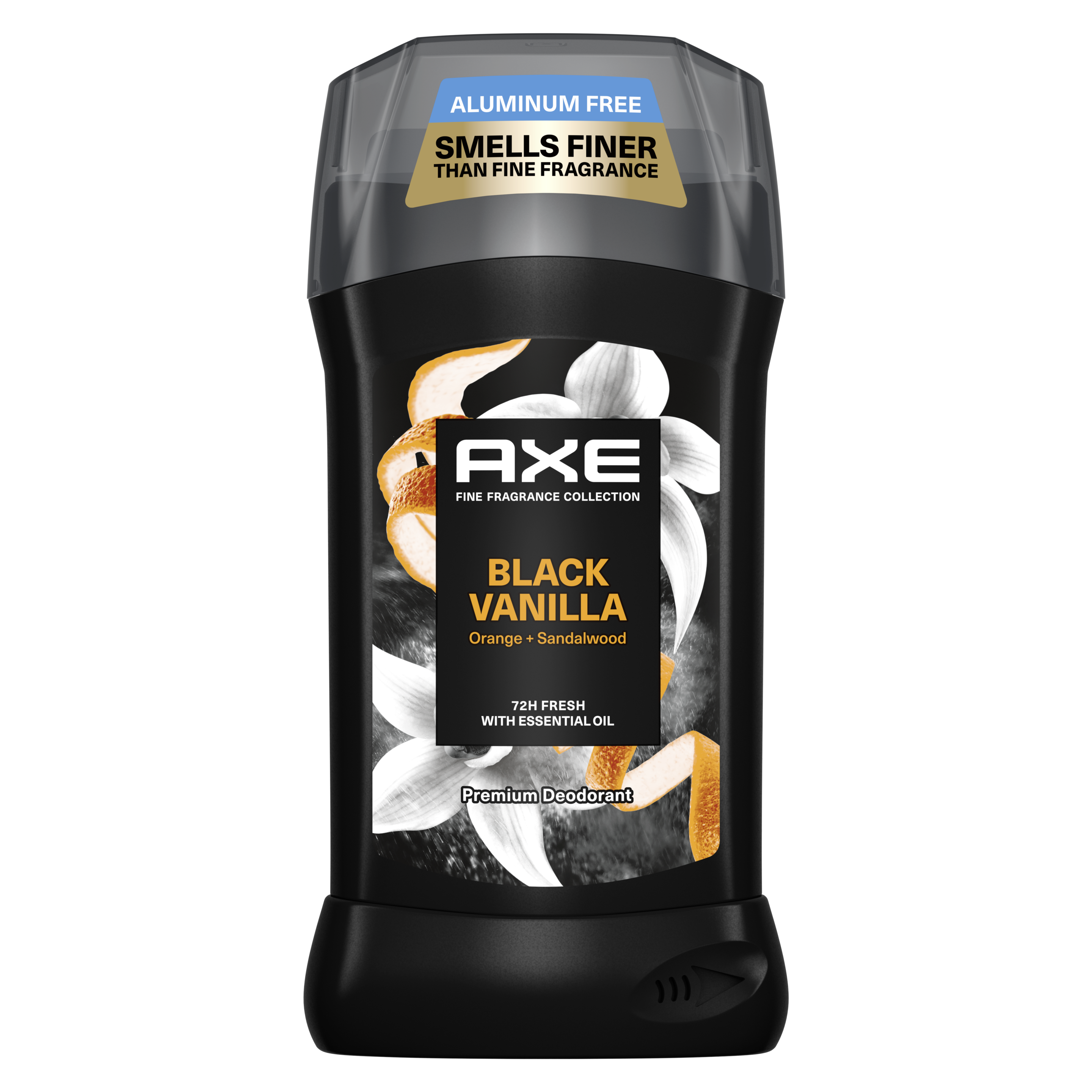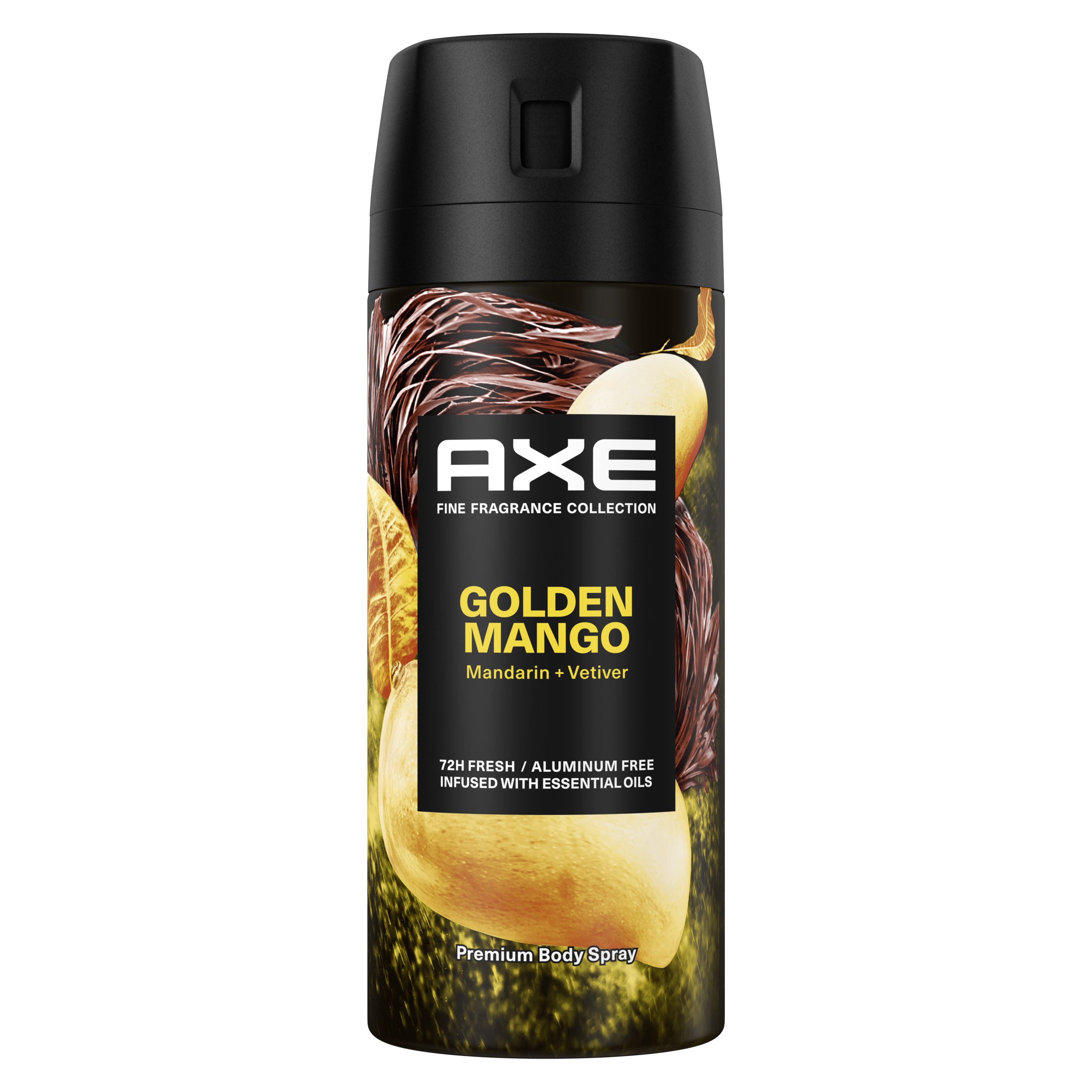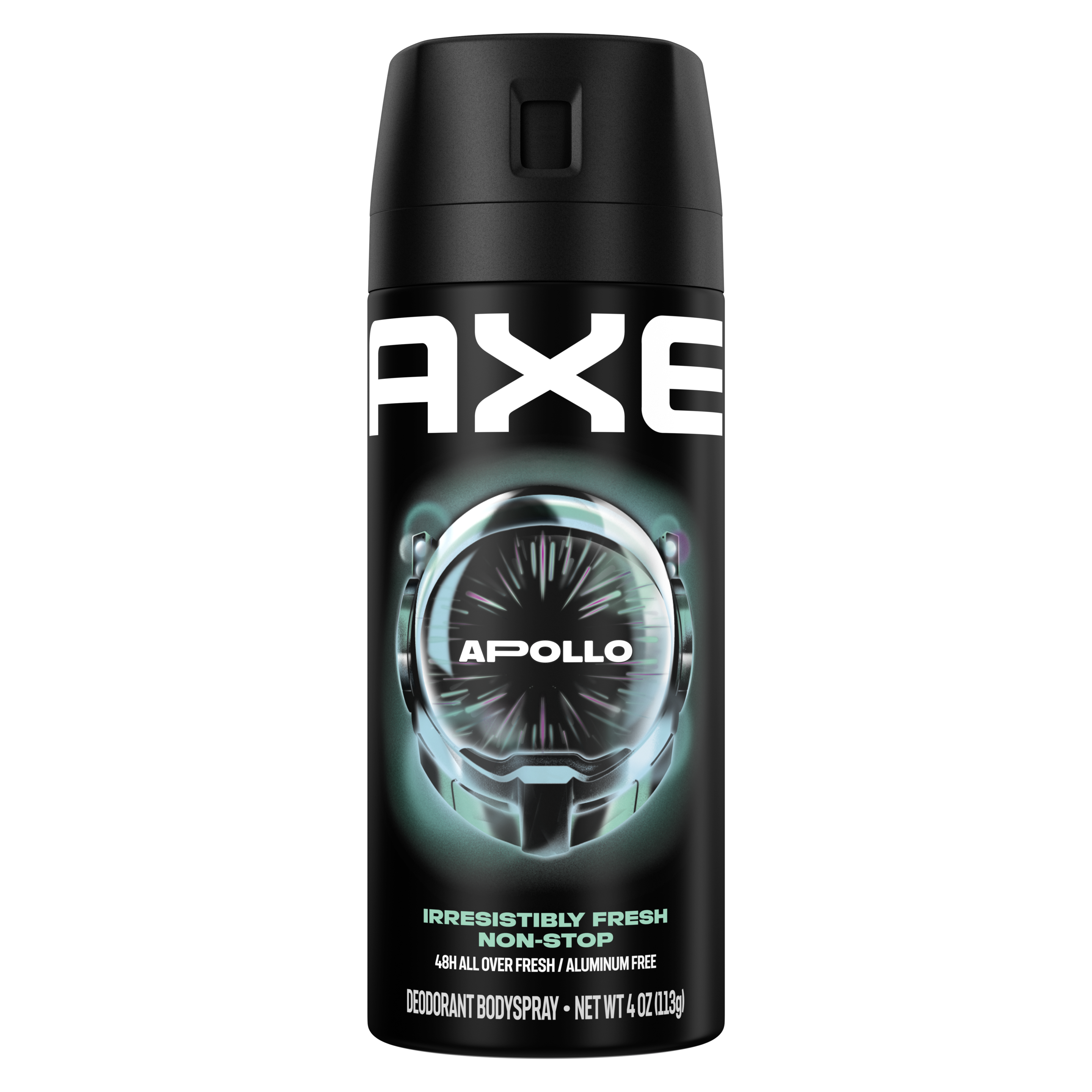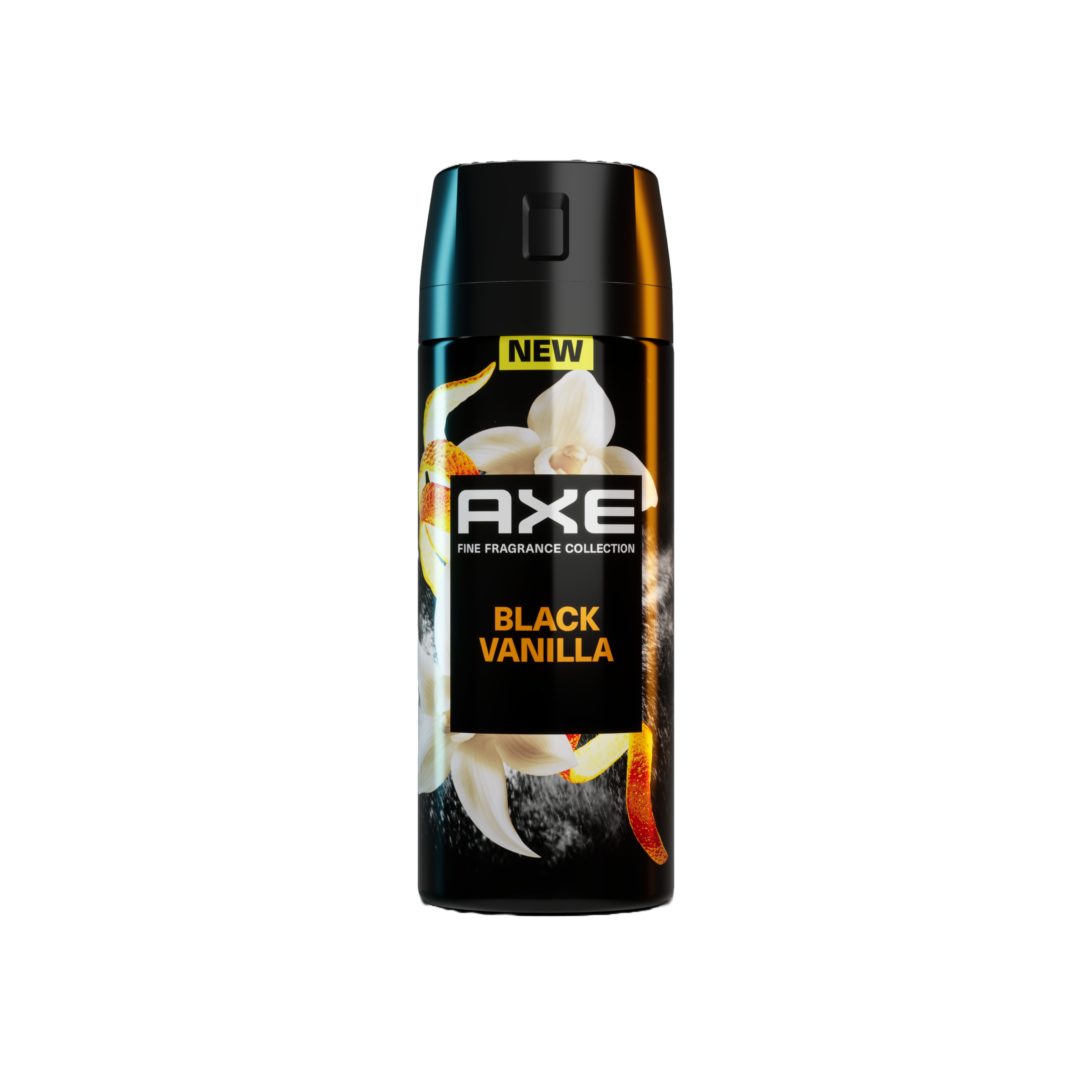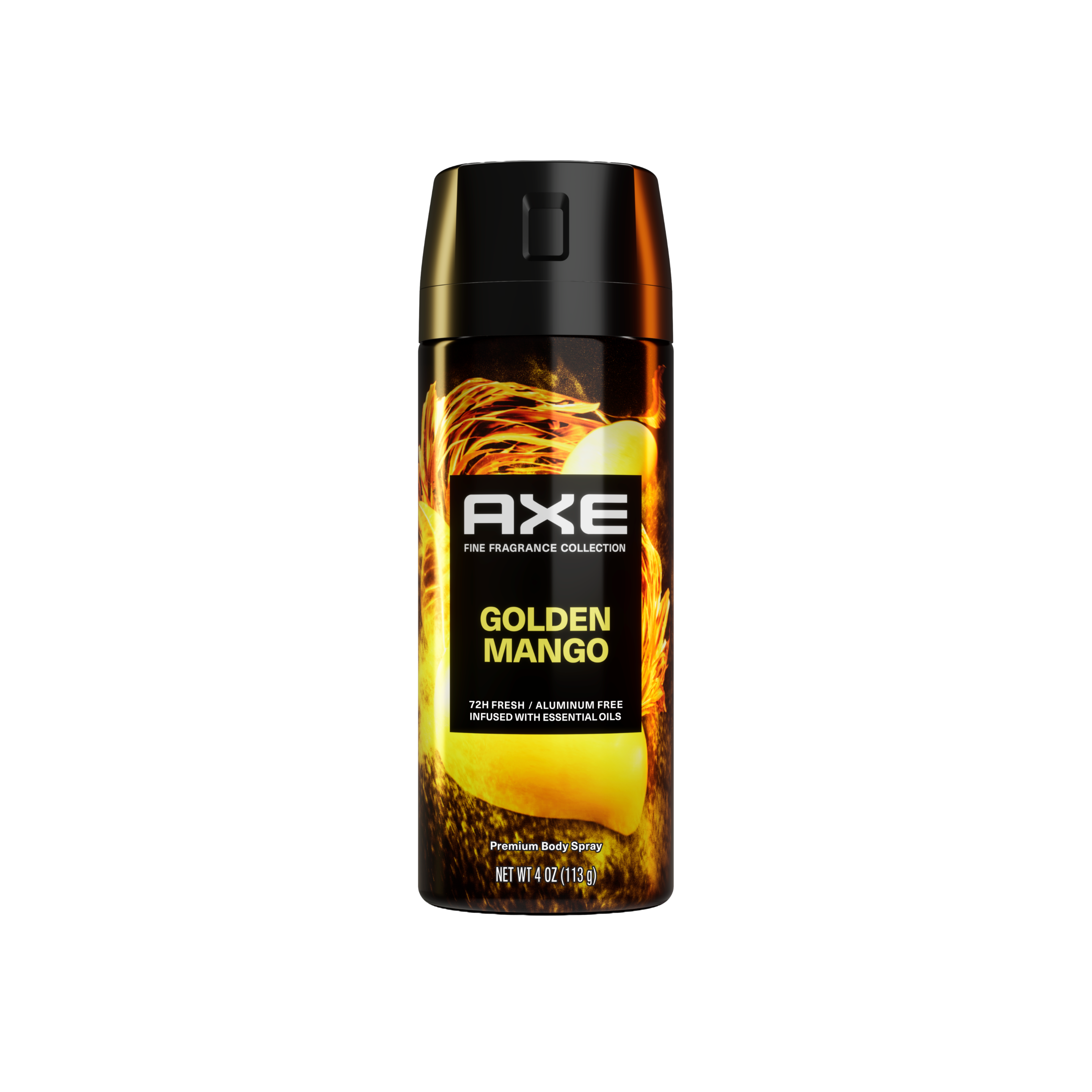Real talk: what's the deal with aluminum in deodorant? It’s one of those topics that’s always up for debate—like, is it actually bad, or is it just getting a bad rap? Time to spill the tea, clear up the myths, and help you decide which deo to add to your shopping cart.
The Science Behind Aluminum in Deodorant
First things first, what does aluminum in deodorant actually do? Aluminum compounds, like aluminum zirconium tetrachlorohydrex, are used in antiperspirants to temporarily block sweat glands. This reduces the amount of sweat that reaches the skin's surface, keeping you dry and fresh. It's an effective way to combat sweat, especially during high-stress moments or intense workouts.
What’s the Difference Between Antiperspirant and Deodorant?
Let's clear up some confusion: deodorants and antiperspirants are not the same thing. Deodorants are designed to mask or neutralize odor—they don’t stop you from sweating. They're like a cool cover-up, that keep you smelling fresh by targeting the bacteria that cause odor. On the flip side, antiperspirants take things a step further. They're all about preventing sweat in the first place. How? By using ingredients like aluminum that temporarily plug those sweat ducts, stopping moisture before it hits your skin. So, if you're looking to avoid those armpit stains, antiperspirants are your go-to. But if you’re just worried about a little whiff, a deodorant could do the trick!
But what's with all the wild rumors flying around about aluminum in deodorant being bad? Let’s cut through the noise and bust some myths about aluminum in deodorant once and for all.
Myth 1: Aluminum Causes Cancer
One of the most pervasive myths is that aluminum in deodorant causes cancer. This belief stems from the idea that aluminum compounds can be absorbed through the skin and cause harmful changes in body tissue. The scare escalated because breast cancer (which also happens in men) is often found near the armpit area. But just because two things are close together doesn’t mean they’re BFFs. The American Cancer Society has found no conclusive evidence linking aluminum-based antiperspirants to breast cancer.¹ Most breast cancers develop in the upper outer quadrant of the breast (yep, near the armpit), but that’s because there’s more breast tissue there.
Myth 2: Aluminum Leads to Alzheimer’s Disease
Another concern is that aluminum exposure could lead to Alzheimer’s disease. This myth began in the 1960s when some scientists found higher levels of aluminum in the brains of Alzheimer’s patients. But here's the catch: later research showed that aluminum wasn’t a cause but rather a coincidence. Major health organizations have stated there’s no clear link between aluminum in deodorants and the disease.²
Myth 3: Aluminum Blocks Toxins from Leaving the Body
There’s the idea that aluminum keeps your body from sweating out toxins. Sweat it out, they say! But let’s be real—sweat isn’t your body's detox squad; that job goes to your liver and kidneys. Your sweat mostly consists of water, salt, and a few minerals, not toxins. Even with an aluminum-based antiperspirant, your body’s natural detox systems are working just fine. Bottom line? You’re not blocking any important detox processes with your antiperspirant.
Myth 4: Aluminum Causes Kidney Disease
You might have heard whispers about aluminum causing kidney disease. The origin? People with advanced kidney disease are often told to avoid aluminum because their kidneys can’t process it. But if your kidneys are functioning normally, the amount of aluminum absorbed through your skin is too tiny to cause any harm. Unless you’re being treated for severe kidney issues, you’re good to go with aluminum antiperspirant.³
Myth 5: Aluminum Causes Bone Disease
There’s talk that aluminum could contribute to bone disease. Sure, high levels of aluminum can affect bones—but only when ingested in large amounts, or in people struggling with kidney disease.⁴ The trace amounts found in deodorant? Not even close.
What Happens When You Stop Using Aluminum Deodorant?
Thinking of making the switch to aluminum-free? Go for it! Sure, you might notice a bit more sweat at first—that's just your body adjusting to the new normal since your new deo isn’t blocking your sweat glands anymore. Some people even experience a "detox" period where they sweat a little more than usual or notice a stronger odor. But don’t sweat it (pun intended)—this usually settles down in a week or two.
The perks? With Axe’s aluminum-free fine fragrances, you’ll still smell irresistible all day without worrying about any extra ingredients. These deodorants focus on odor control with a unique blend of natural and synthetic ingredients that neutralize odor-causing bacteria while letting your skin breathe and sweat naturally. Plus, your skin might feel less irritated—especially if it's sensitive to aluminum compounds. And let's be real, embracing a little extra sweat just means you’re keeping it real and rocking your natural self.
Tips to stay fresh while going aluminum-free
Want to feel fresh without the aluminum? Here are a few hacks:
Stay Hydrated: Drinking water helps regulate body temperature and can reduce the amount you sweat.
Layer strategically: Choose breathable fabrics like cotton or moisture-wicking materials to help manage sweat.
Time your showers: Showering right after a workout or a hot day can help remove sweat and bacteria buildup.
Use Axe’s aluminum-free deo: Axe's aluminum-free options keep you smelling fresh with captivating scents that don’t rely on blocking sweat—so you can feel confident no matter what!
Is Aluminum-Free Deodorant Better?
Aluminum-free deodorant isn’t necessarily better. It all comes down to what you're looking for. If you’re extra sweaty during a workout or on a date, an aluminum-based antiperspirant might be your go-to. But if you’re concerned about skin sensitivity or simply prefer a more natural option, an aluminum-free deodorant can keep you smelling fresh while letting you sweat it out.
Other Ingredients People Are Nervous About
Let’s talk about parabens and fragrances:
Parabens are preservatives found in many personal care products. Some studies suggested a link between parabens and cancer, but no conclusive evidence supports this in humans.¹ Plus, most deodorants are now paraben-free due to consumer demand.
Fragrances can cause skin irritation for some people, especially if you have sensitive skin or allergies. But are they harmful? Generally, no—unless you’re slathering on scents that don’t agree with your skin.
You should only be concerned if you have specific sensitivities. Otherwise, enjoy smelling like a tropical paradise!
So, is aluminum in deodorant bad? The short answer is no. Aluminum in deodorant is generally safe for most people. Myths around cancer, Alzheimer’s, and other health concerns have been debunked by credible organizations like the American Cancer Society. But hey, if you’re still not feeling it, you do you. The beauty of choice is that you can pick what works for you. Whether it’s an aluminum-based antiperspirant or a fresh-smelling, aluminum-free deo.
References:
1. American Cancer Society. “Antiperspirants and breast cancer”. 2022.
2. Medical News Today. “Does Aluminum Cause Alzheimers”. 2023.
Related Products


